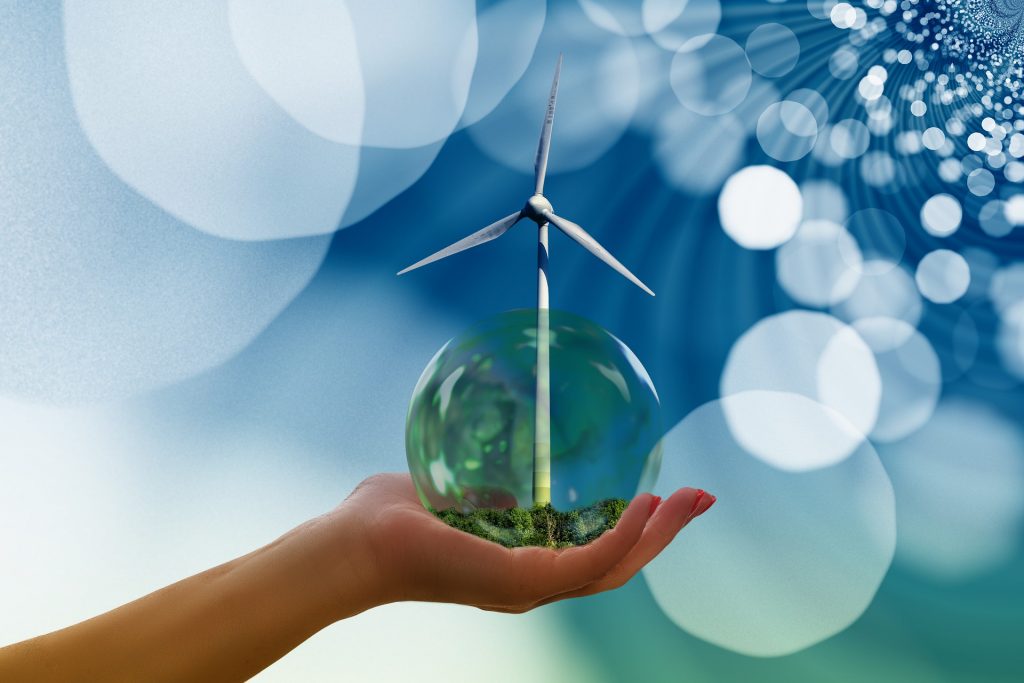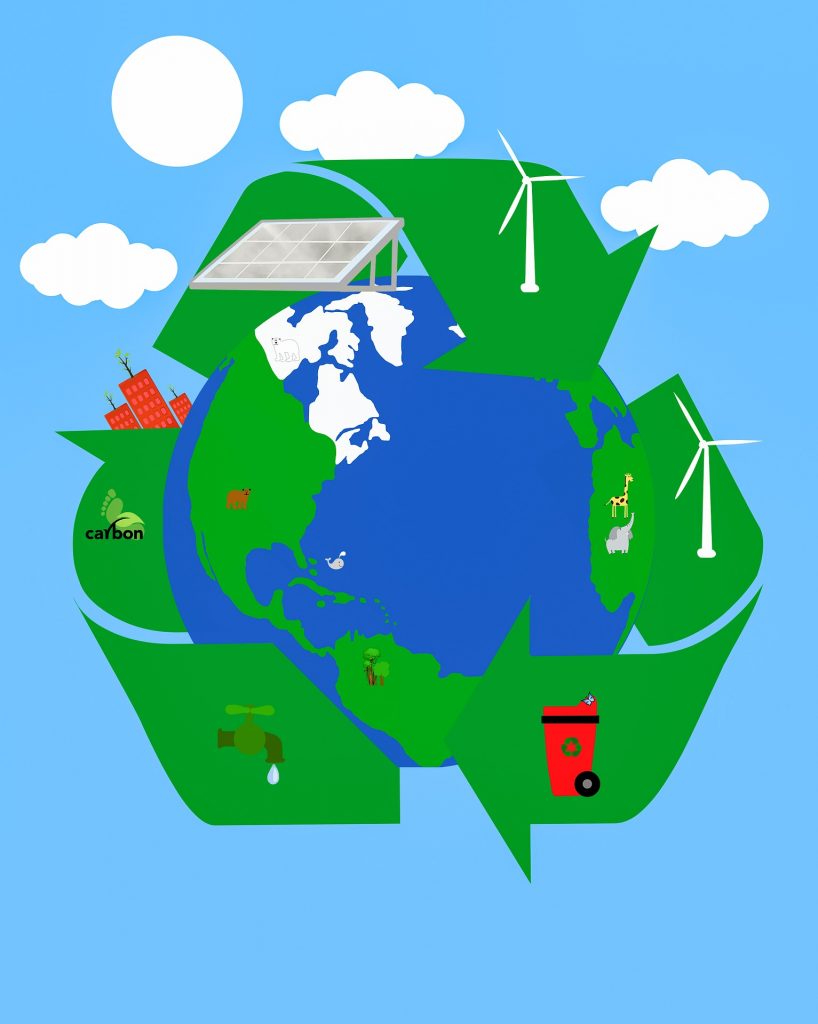
Energy Solutions

First of all, you may use the following energy estimation tools to evaluate your house energy consumption:
Next, based on the energy consumption estimation, we can look into the solutions to reduce your cost and improve your carbon footprint.
Renewable Energy Sources:
- Solar Power: Installation of solar panels on rooftops and solar farms to harness energy from the sun.
- Wind Power: Utilization of wind turbines, both onshore and offshore, to generate electricity from wind.
- Hydropower: Development of hydroelectric power plants that use flowing water to produce electricity.
- Geothermal Energy: Exploitation of heat from beneath the Earth’s surface for electricity generation and direct heating.
- Biomass Energy: Use of organic materials (e.g., plant and animal waste) to produce energy through combustion or conversion to biofuels.
Energy Storage Solutions:
- Batteries: Development of advanced battery technologies, such as lithium-ion and solid-state batteries, for storing renewable energy.
- Pumped Hydro Storage: Use of elevated reservoirs to store energy in the form of gravitational potential energy.
- Flywheels: Mechanical devices that store rotational energy for short-term storage applications.
- Thermal Storage: Systems that store energy in the form of heat, such as molten salt storage.
Energy Efficiency Improvements:
- Building Retrofits: Upgrading insulation, windows, and lighting in buildings to reduce energy consumption.
- Efficient Appliances: Adoption of energy-efficient appliances and electronics, such as LED lighting, Energy Star-rated appliances, and smart thermostats.
- Industrial Efficiency: Implementation of energy-saving technologies and practices in industrial processes, such as combined heat and power (CHP) systems.
Smart Grid Technologies:
- Advanced Metering Infrastructure (AMI): Use of smart meters to provide real-time data on energy consumption.
- Demand Response Programs: Systems that adjust energy usage during peak times to balance supply and demand.
- Grid Modernization: Upgrading the electrical grid to improve reliability, efficiency, and integration of renewable energy sources.
Transportation Solutions:
- Electric Vehicles (EVs): Promotion of electric cars, buses, and trucks to reduce dependence on fossil fuels.
- Public Transportation: Expansion and improvement of public transit systems to reduce individual car usage.
- Biking and Walking Infrastructure: Development of bike lanes, pedestrian paths, and related infrastructure to encourage non-motorized transport.
Policy and Financial Incentives:
- Tax Credits and Rebates: Financial incentives for individuals and businesses to adopt renewable energy and energy-efficient technologies.
- Renewable Energy Certificates (RECs): Tradable certificates that represent the environmental benefits of renewable energy generation.
- Carbon Pricing: Implementation of carbon taxes or cap-and-trade systems to incentivize reductions in greenhouse gas emissions.
Research and Development:
- Innovation Funding: Government and private sector investment in research and development of new sustainable energy technologies.
- Pilot Projects: Testing and demonstration projects to validate and refine new technologies and approaches.

Here are some possibilities and services related to improving house energy efficiency:
- Energy Audits:
- Professional energy auditors assess a home’s energy usage to identify areas for improvement. They analyze insulation, heating and cooling systems, lighting, and appliances to provide recommendations for enhancing energy efficiency.
- Insulation Upgrades:
- Improving insulation in walls, roofs, and floors helps regulate indoor temperatures, reducing the need for heating and cooling. This can result in significant energy savings.
- High-Efficiency Heating and Cooling Systems:
- Installation of energy-efficient HVAC systems, such as heat pumps or solar-powered systems, can reduce energy consumption for space heating and cooling.
- Smart Home Technologies:
- Integration of smart thermostats, smart lighting systems, and other connected devices that allow homeowners to monitor and control energy usage remotely. These technologies can optimize energy consumption based on user preferences and occupancy patterns.
- Energy-Efficient Appliances:
- Recommending and installing energy-efficient appliances, such as ENERGY STAR-rated products, to replace older, less efficient models.
- Solar Panel Installation:
- Designing and installing solar photovoltaic (PV) systems to generate clean and renewable energy, reducing reliance on grid power.
- Window Upgrades:
- Installing energy-efficient windows with improved insulation properties to minimize heat loss or gain.
- Water Efficiency Services:
- Offering solutions to improve water efficiency through low-flow fixtures, water heaters, and irrigation systems.
- Building Envelope Improvements:
- Enhancing the building envelope through measures like air sealing and weatherstripping to minimize drafts and heat loss.
- Behavioral and Educational Programs:
- Providing homeowners with education and training on energy-efficient practices, encouraging behaviors that contribute to reduced energy consumption.
- Government Incentive Programs:
- Assisting homeowners in navigating and accessing government incentive programs, tax credits, and rebates available for energy-efficient home improvements.
- Renewable Energy Integration:
- Designing and implementing systems that integrate renewable energy sources, such as wind or geothermal, to further reduce dependence on conventional energy sources.
- Energy Monitoring and Management:
- Installing energy monitoring systems that allow homeowners to track and analyze their energy usage, enabling informed decisions to optimize efficiency.
- Green Building Certification:
- Assisting in obtaining certifications such as LEED (Leadership in Energy and Environmental Design) or other green building certifications, demonstrating a commitment to sustainability.
- Financing Solutions:
- Offering financing options or partnerships to make energy-efficient upgrades more accessible to homeowners.

Why Choose Us
When you choose us, you’re choosing a team of experts dedicated to providing sustainable energy solutions.
Our commitment to excellence, innovation, and customer satisfaction sets us apart as the top choice for all your energy consulting needs.

Trusted Experts

Quick Results

Client Satisfaction

24/7 Assistance